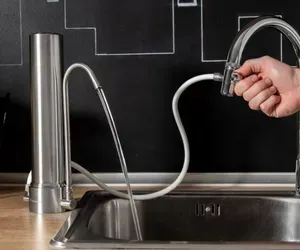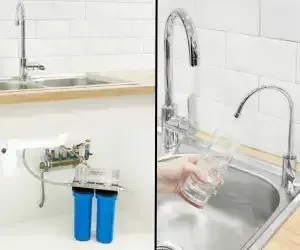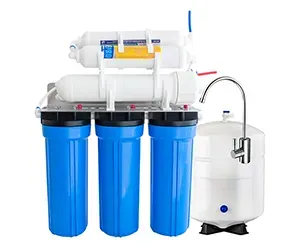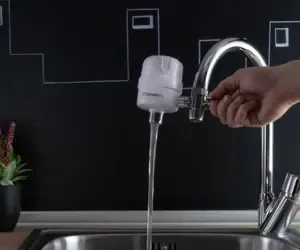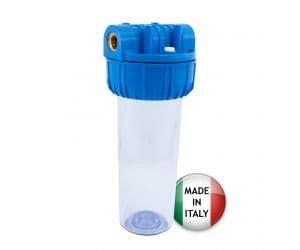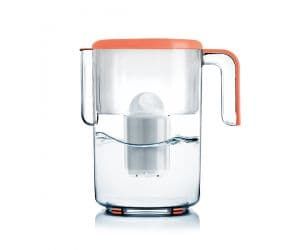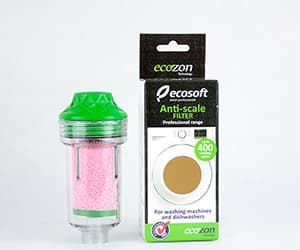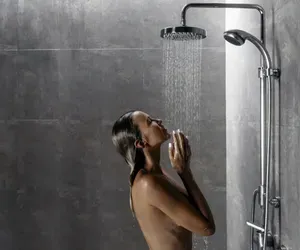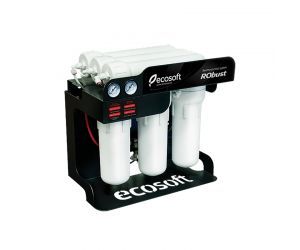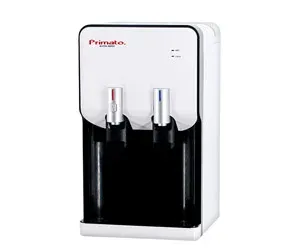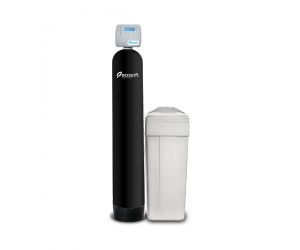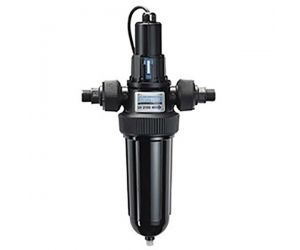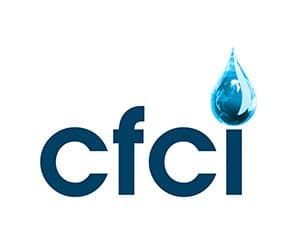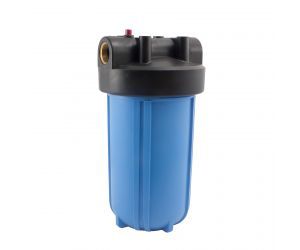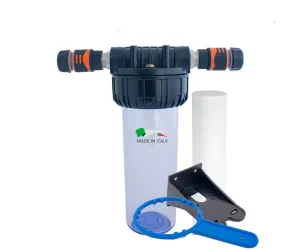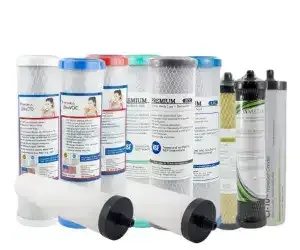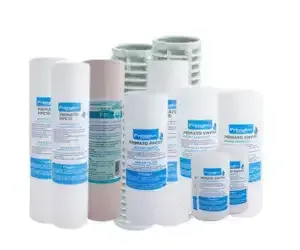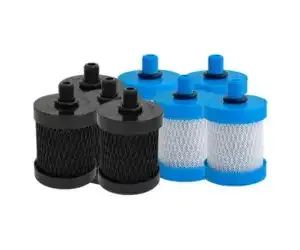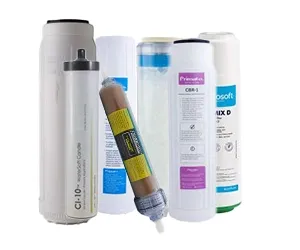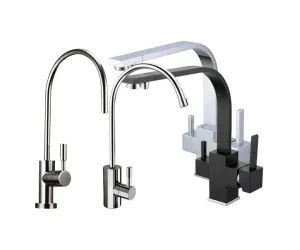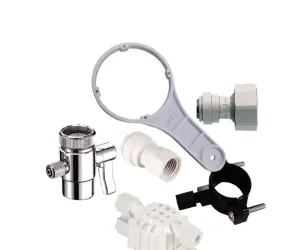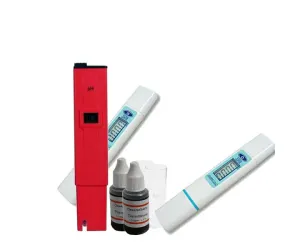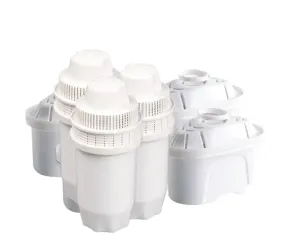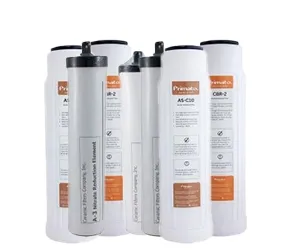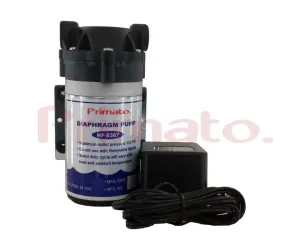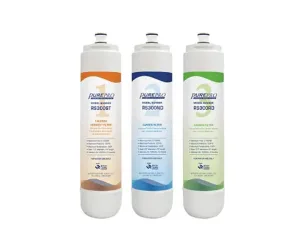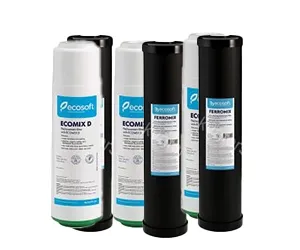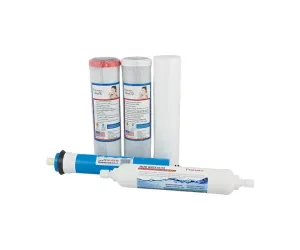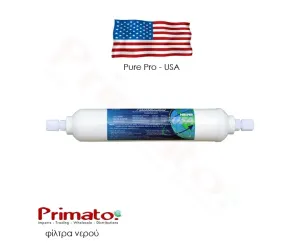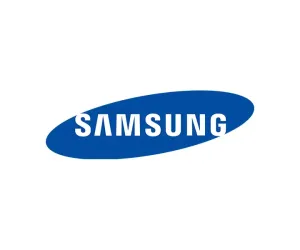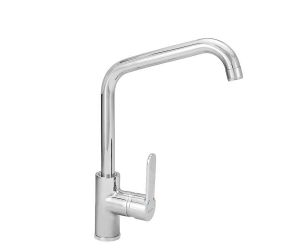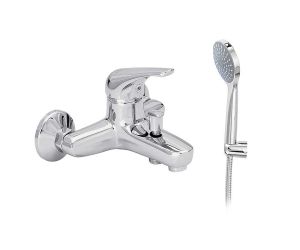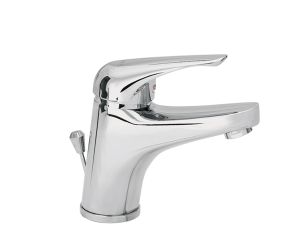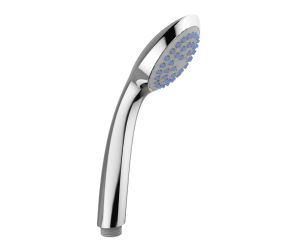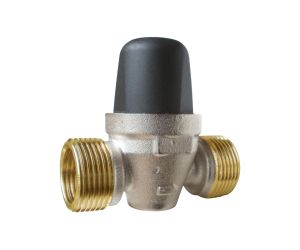Thirsty? Find out why.
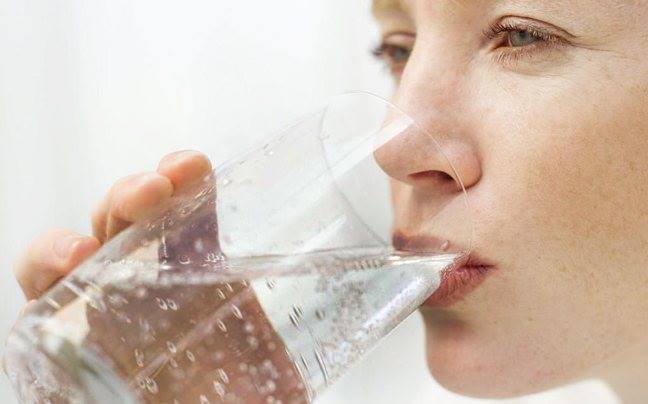
Who isn't thirsty. All of us, every day. But what makes us thirsty and how does the body perceive it?
The truth is that we have identified thirst with salt. In a previous article, we explained in detail why this happens, but it is not the only factor that causes it. Thirst is controlled by many different signs in our body, and consequently by many different mechanisms.
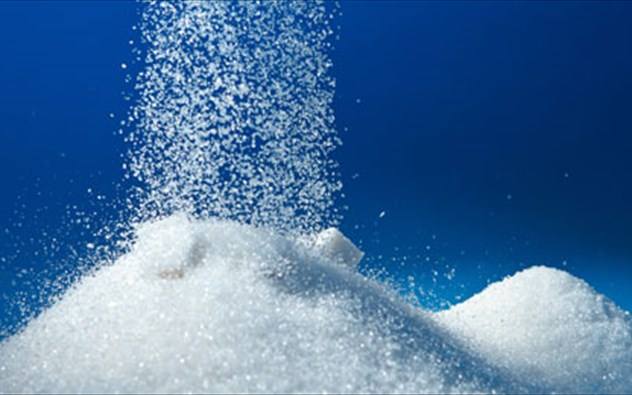
Besides salt, sugar is another factor. When we consume something sweet that contains a lot of sugar, sweeteners or some other type of carbohydrates, sooner or later we get thirsty. This is because blood glucose levels rise, which, if increased too much, then the mechanisms that control our thirst create a strong desire to drink water. Glucose, in order to disintegrate, needs water, which is pumped from the cells of our body. These cells lack water with time and, as a result, they send signals to the brain, which in turn warns us that we are thirsty. But the water they excrete is necessary to be replenished for our body to function properly, this is why we drink water.
The same thing happens when there is an increased concentration of a large amount of substances in the blood.
In order for our body to function properly, it needs to have a balance of substances in it, but when some of these substances are missing, the body complains in its own way. And what is that? Thirst, of course.
I mentioned earlier some mechanisms that control the amount of water we have in our body. The kidneys are such a mechanism. When water is excessive, kidneys activate urination, while on the other hand, when there is a lack of, they alert the brain that we are thirsty. Of course, it is not the only mechanism, but one of them.

Thirst is not only caused by this, but also by a combination of different processes that occur in our body, for example, during or after exercise. When we exercise, the heart rate increases and the muscles work intensively. As a result, our body temperature rises. Therefore, the cooling system is activated, which is nothing but sweat. When we sweat, water and salts come out of the pores of the skin, which cool us down when they evaporate. But through this, we have water loss, which is detected by our kidneys. The level of thirst depends on the intensity and duration of the exercise, as well as on the amount of water we lose.
If before exercise we already have a slight loss of fluids, either because we were in a hurry to go to the gym or went up the stairs, then we will be thirsty during exercise. Otherwise, if we drink water before exercise, thus having reserves, then we endure and get thirsty afterwards. And because our body temperature has risen, we run to the kitchen to drink water from our special water filter. Because, as it is known, the water we drink must be clean and of the best quality, and this is done only with special water filters.
There are many factors that make us thirsty. The point is not to neglect drinking the water that our body needs, because the risks due to lack of water are great and our health is above all!
Primato Hellas, WATER FILTERS, Grigoriou E' 34, PO Box 54248, Thessaloniki, +30 2310 383 588
It is forbidden to republish part or all of this article without the approval of Primato Hellas.
Recent posts
- The Future of Water: How Primato Filters are Pioneering New Standards in Water Safety
- Primato's Journey at Aquatech Amsterdam: Building Bridges and Expanding Horizons
- The Journey of Water: From Source to Tap - Understanding the Filtration Process
- What are three way water filter taps?
- Shower water filters
- Commercial water filters for hotels, restaurants and cafes
- The reason why more and more people prefer undercounter water filters
- Zeolites in water treatment
- The water supply network of Athens
- The whole truth about water filters
- Russian water filters with aragonite - Purchase guide
- Choosing and buying a countertop water filter
- I live in Athens. Do I need a water filter?
- Water Filter Prices: Full Guide
- Does filtered water help with allergies?
- 10+ reasons to add more water to your lifestyle!
- Zeolite: A natural mineral in the service of water filtration
- Thessaloniki Water: From the source to the glass
- Meet the Greek Water Filters Manufactured in Thessaloniki
- Water Filters with Zeolites
- Turning a coconut into activated carbon
- Thessaloniki: Which Are The Best Water Filters?
- Tap water in Greece: Is it safe? The problems and the solutions
- How to Choose the Right Replacement Filter
- Ultra filtration and Hollow Fiber Membranes explained
- How hard is water in Thessaloniki?
- Whole house water filter cartridges - How to choose the right one!
- Countertop water filters - What to look for before I buy
- Do I need a water filter if I live in Athens?
- Everything you need to know about tap water filters
- Under-sink water filters - Everything you need to know
- Reverse Osmosis - What is it and how it works
- World Water Day - 22 March
- Primato goes sailing!
- What are water filters?
- Reverse Osmosis - Perfect for islands, drilling water and aquariums
- What is the activated carbon found in our water filters?
- Arsenic in the Water - The ubiquitous venom
- Hexavalent Chromium - A Carcinogen That Should Be Reduced Immediately!
- Paranoia of alkaline water - Understanding PH
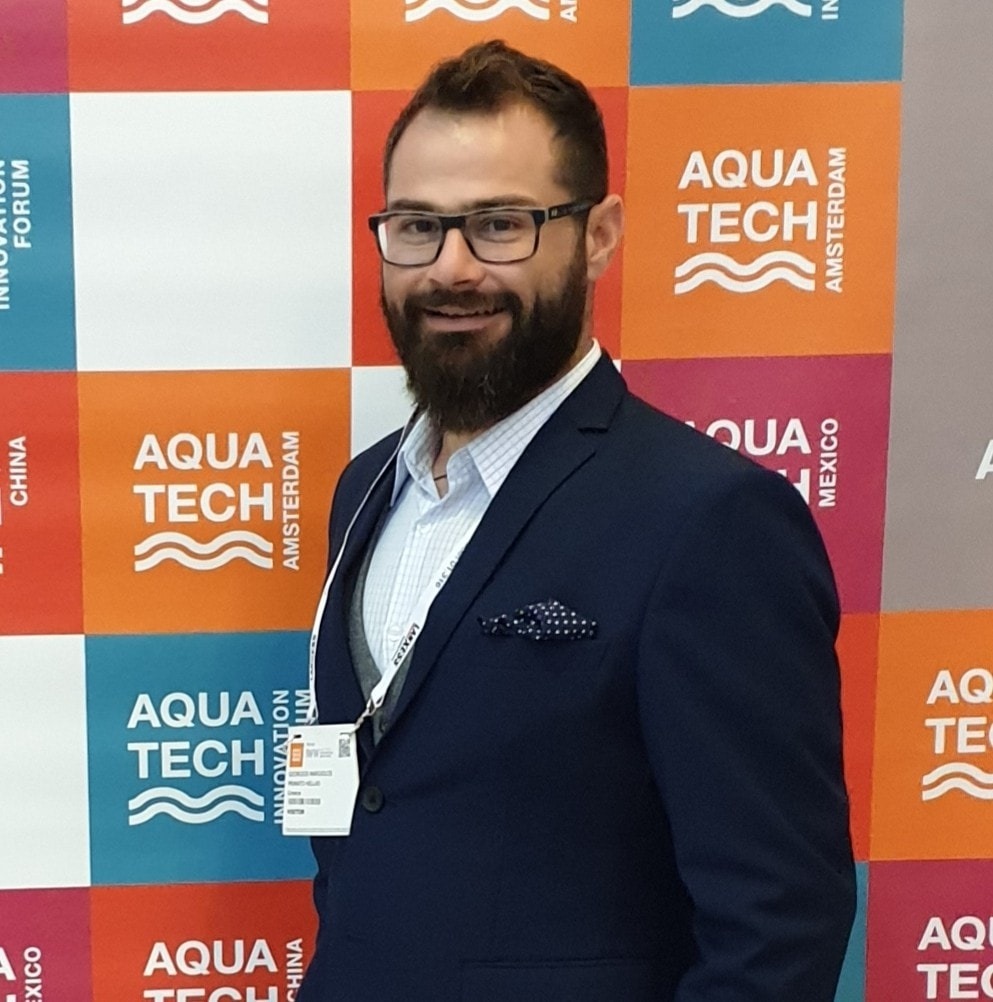
George Margiolos
George Margiolos was born in Thessaloniki and has graduated from the Department of Marketing of the Alexandreio Technological Educational Institute of Thessaloniki. He is fluent in English and (not so fluent) in German.
Ηe has been Project Manager at Avery Dennison - Fastener Division in the UK. There, his main project was to redesign the company's products into new applications so as to become more environmentally friendly. In combination with the fact that in the UK people are more familiar with water filters, he has developed a love for environmentally friendly water filters, which reduce the use of plastic bottles and improving people's quality of life.
Since 2008, he has published over 300 unique educational and informative articles on water filters and new water treatment technologies.
Occasionally, universities and doctoral students request to use George Margiolos' articles in their research because of their quality and uniqueness.
